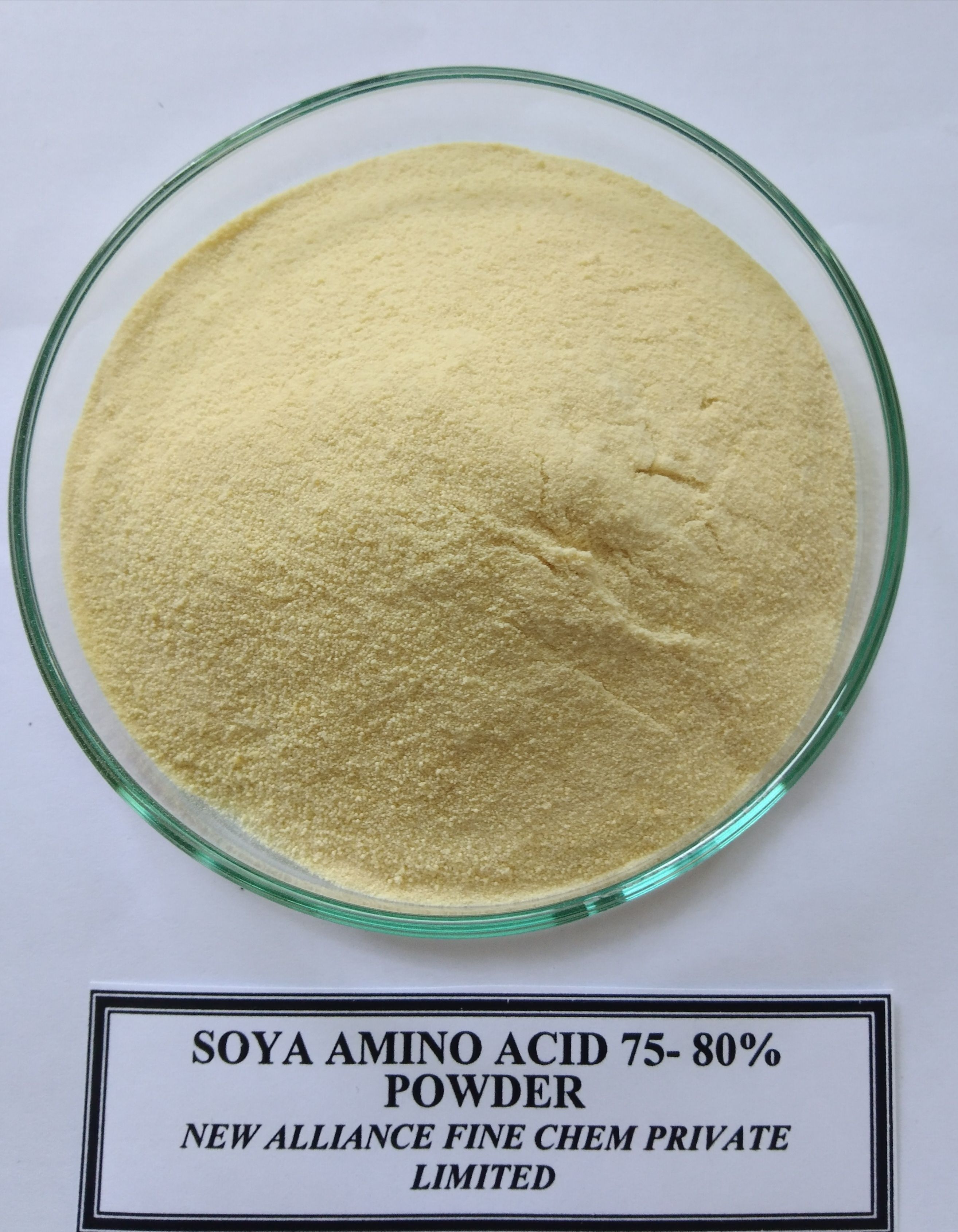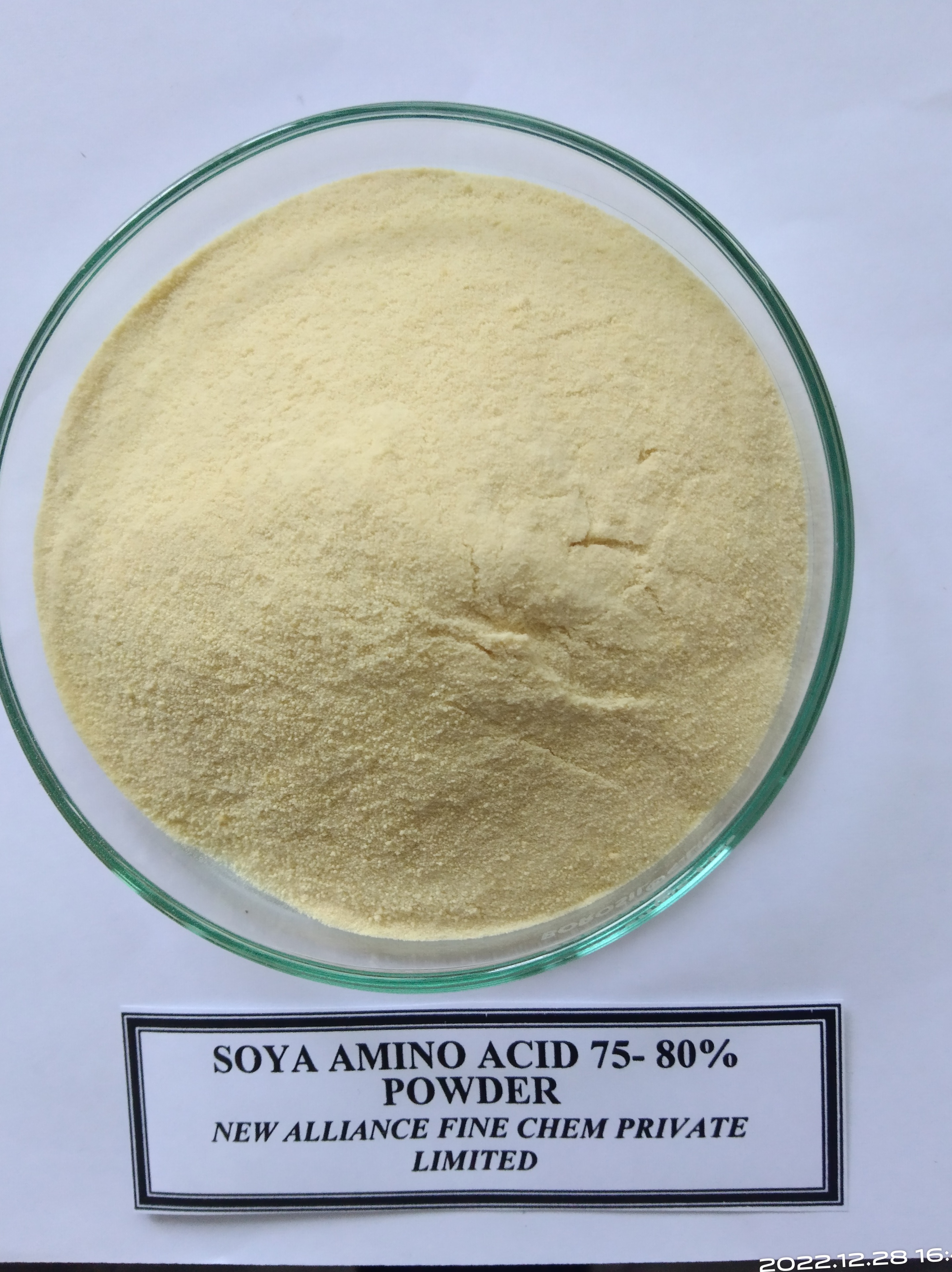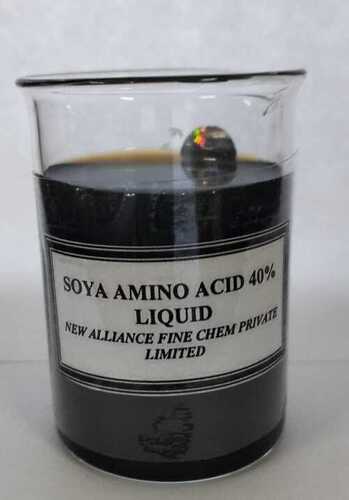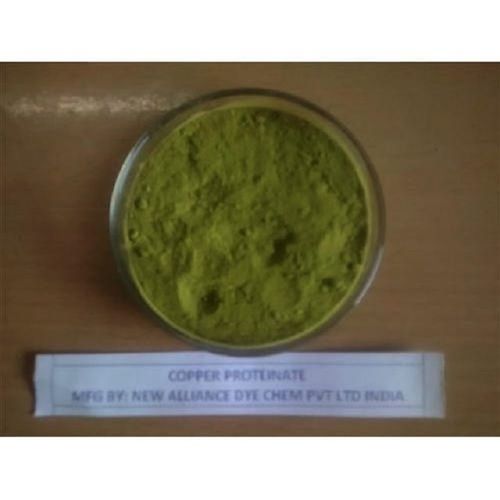GROWTH THROUGH INNOVATION...
Working hours:
Monday to Friday - 9.30 to 6.00 Saturday - 9.30 to 4.00

Soya Protein Hydrolysate 80% Powder
185 INR/Kilograms
Product Details:
- Solid Content Approximately 95%
- Appearance Creamish Yellow to Brown coloured Free Flowing Powder
- Solubility Tests Complete solubility in water
- Assay 80% protein content
- Physical Form Powder
- Structural Formula Not fixed (protein hydrolysate)
- Molecular Formula N/A (Mixture of peptides)
- Click to view more
X
Soya Protein Hydrolysate 80% Powder Price And Quantity
- 185 INR/Kilograms
- 25 Kilograms
- Contains Soy
- Maximum 5%
- Min. 80%
- Food-grade HDPE bags or drums
- 100% passes through 80 mesh
- Less than 5%
- No added preservatives or flavors
- Total plate count < 1000 CFU/g, Yeast and mold < 100 CFU/g
- 5.5 7.0
Soya Protein Hydrolysate 80% Powder Product Specifications
- <0.001%
- Highly soluble
- Neutral to slightly beany
- Enzymatic Hydrolysate
- Room Temperature
- 1 Years
- Characteristic to slightly beany
- 80% protein content
- Powder
- Not fixed (protein hydrolysate)
- Soya Protein Hydrolysate, Soy Peptide, Soy Protein Enzymatic Hydrolysate
- N/A (Mixture of peptides)
- Creamish Yellow to Brown coloured Free Flowing Powder
- Complete solubility in water
- Nutritional supplements, animal feed, pharmaceutical preparations, agriculture biostimulants
- Creamish Yellow to Brown
- 80%
- Approximately 95%
- Contains Soy
- Maximum 5%
- Min. 80%
- Food-grade HDPE bags or drums
- 100% passes through 80 mesh
- Less than 5%
- No added preservatives or flavors
- Total plate count < 1000 CFU/g, Yeast and mold < 100 CFU/g
- 5.5 7.0
Soya Protein Hydrolysate 80% Powder Trade Information
- 1000 Kilograms Per Week
- 7 Days
- Yes
- Free samples are available
- 25KG
- All India
- ISO
Product Description
Soy protein hydrolysate, often referred to as hydrolyzed soy protein, is a processed form of soy protein that has been broken down into smaller peptides through a hydrolysis process. This hydrolysis process involves the use of enzymes or acids to cleave the larger soy protein molecules into smaller fragments. The result is a product that is easier for the body to digest and absorb, making it a suitable option for individuals who may have difficulty with whole soy protein.
Here are some key points about Soya Protein Hydrolysate 80% Powder:
1. Protein Content: The "80% powder" in the name indicates that this product contains approximately 80% protein by weight. This means it is a relatively high-protein product, which can be useful for individuals looking to increase their protein intake.
2. Hydrolyzed Form: As mentioned earlier, the soy protein in this product has undergone a hydrolysis process, which breaks down the protein into smaller peptides. This can make it easier for the body to digest and absorb, potentially reducing the risk of allergic reactions associated with whole soy protein.
3. Versatile Usage: Soy protein hydrolysate can be used in various food and beverage applications. Its commonly used in sports nutrition products, infant formulas, and dietary supplements due to its protein content and improved digestibility.
4. Allergen Consideration: While hydrolyzed soy protein may be more tolerable for some individuals with soy allergies, its essential to note that it may still contain allergenic proteins or residues. People with soy allergies should exercise caution and consult with a healthcare professional before consuming products containing soy protein hydrolysate.
5. Nutritional Profile: In addition to protein, soy protein hydrolysate may contain other nutrients found in whole soy, such as vitamins, minerals, and amino acids.
6. Flavor and Texture: The hydrolysis process can affect the taste and texture of the product. The flavor may be milder compared to whole soy protein, and the texture may be smoother.
7. Dietary Considerations: This product can be suitable for vegetarians and vegans since it is derived from soy, a plant-based protein source.
FAQ:
Q1: What is Soya Protein Hydrolysate, and how is it different from regular soy protein?
A1: Soya Protein Hydrolysate, or hydrolyzed soy protein, is a processed form of soy protein in which the protein molecules have been broken down into smaller peptides. This makes it easier to digest and absorb compared to regular soy protein. Its often used in specialized diets, sports nutrition, and infant formulas.
Q2: Is Soya Protein Hydrolysate suitable for people with soy allergies?
A2: While hydrolyzed soy protein may be more tolerable for some individuals with soy allergies, its crucial to note that it may still contain allergenic proteins or residues. If you have a soy allergy, consult with a healthcare professional before consuming products containing soy protein hydrolysate.
Q3: How is Soya Protein Hydrolysate made?
A3: Soya Protein Hydrolysate is produced through a hydrolysis process. Enzymes or acids are used to break down the larger soy protein molecules into smaller peptides. The resulting hydrolyzed product is then dried to form a powder.
Q4: What is the protein content in Soya Protein Hydrolysate 80% Powder?
A4: The "80%" in Soya Protein Hydrolysate 80% Powder indicates that it contains approximately 80% protein by weight. This high protein content makes it suitable for those looking to increase their protein intake.
Q5: How can Soya Protein Hydrolysate be used?
A5: Soya Protein Hydrolysate can be used in a variety of food and beverage applications. It is commonly found in sports nutrition products, infant formulas, dietary supplements, and as an ingredient in processed foods to boost protein content and improve digestibility.
Q6: Is Soya Protein Hydrolysate suitable for vegetarians and vegans?
A6: Yes, Soya Protein Hydrolysate is derived from soy, which is a plant-based protein source. It is typically suitable for vegetarians and vegans, but always check product labels to ensure it meets your dietary preferences.
Q7: Does Soya Protein Hydrolysate retain the nutritional benefits of whole soy?
A7: Soya Protein Hydrolysate may retain some of the nutritional benefits of whole soy, such as vitamins, minerals, and amino acids. However, the hydrolysis process can alter the nutritional profile to some extent.
Q8: How does Soya Protein Hydrolysate taste and behave in recipes compared to regular soy protein?
A8: Soya Protein Hydrolysate often has a milder taste and smoother texture compared to regular soy protein. It can be more easily incorporated into a variety of recipes and formulations due to its improved solubility and digestibility.
Q9: Can I use Soya Protein Hydrolysate as a replacement for other protein sources in my diet?
A9: Soya Protein Hydrolysate can be used as a protein source in your diet, but whether it can be a direct replacement for other protein sources depends on your specific dietary and nutritional goals. Its essential to consider your overall dietary needs and consult with a healthcare professional or dietitian for personalized guidance.
Q10: Are there any potential side effects or concerns associated with Soya Protein Hydrolysate?
A10: Some individuals may experience digestive discomfort or intolerance to soy protein, even in its hydrolyzed form. If you have dietary concerns, allergies, or any unusual reactions, consult with a healthcare professional. Additionally, ensure you are using a reputable and tested product to avoid contaminants or quality issues.
Premium Protein Source for Diverse Applications
Soya Protein Hydrolysate 80% Powder serves as a versatile protein supplement, suitable for use in nutritional formulations, animal feeds, biostimulants for agriculture, and pharmaceutical preparations. Its high solubility and neutral flavor profile make it an ideal ingredient for various formulations requiring concentrated plant-based protein.
Strict Quality and Safety Standards
Produced under rigorous quality control, this powder boasts a minimum protein concentration of 80%, low moisture content, and minimal ash. Microbial counts are strictly controlled to ensure product safety, and heavy metal content is maintained below 0.001%. Its allergen status and absence of additives support clean-label requirements.
FAQs of Soya Protein Hydrolysate 80% Powder:
Q: How is Soya Protein Hydrolysate 80% Powder typically used in various industries?
A: This hydrolysate powder is widely used in nutritional supplements, animal feed, pharmaceutical products, and as a biostimulant in agriculture due to its high protein content, solubility, and bioavailability.Q: What are the main benefits of using Soya Protein Hydrolysate 80% Powder?
A: The product offers readily digestible protein, supports muscle maintenance and growth, serves as a nutrient enhancer in feed and supplements, and aids plant growth when used in agriculture. Its non-GMO, allergen-conscious formulation suits a broad range of applications.Q: When should Soya Protein Hydrolysate be added to formulations or feed?
A: It is best added during the mixing or compounding stage of supplement, feed, or biostimulant formulation to ensure even dispersion due to its fine particle size and excellent solubility.Q: Where is Soya Protein Hydrolysate 80% Powder manufactured and supplied from?
A: This product is manufactured and supplied by exporters, manufacturers, and suppliers based in India, ensuring international quality standards and reliable logistics.Q: What is the process of producing Soya Protein Hydrolysate 80% Powder?
A: The powder is produced via enzymatic hydrolysis of soy protein, followed by purification, drying, and milling to achieve fine consistency. No preservatives, artificial flavors, or additives are used, preserving its nutritional integrity.Q: How does Soya Protein Hydrolysate 80% Powder benefit plant, animal, and human health?
A: For plants, it acts as a biostimulant; for animals and humans, it provides highly bioavailable protein, which is key for nutritional supplementation and promoting overall well-being.Tell us about your requirement

Price:
Quantity
Select Unit
- 50
- 100
- 200
- 250
- 500
- 1000+
Additional detail
Mobile number
Email
 English
English Spanish
Spanish French
French German
German Italian
Italian Chinese (Simplified)
Chinese (Simplified) Japanese
Japanese Korean
Korean Arabic
Arabic Portuguese
Portuguese








